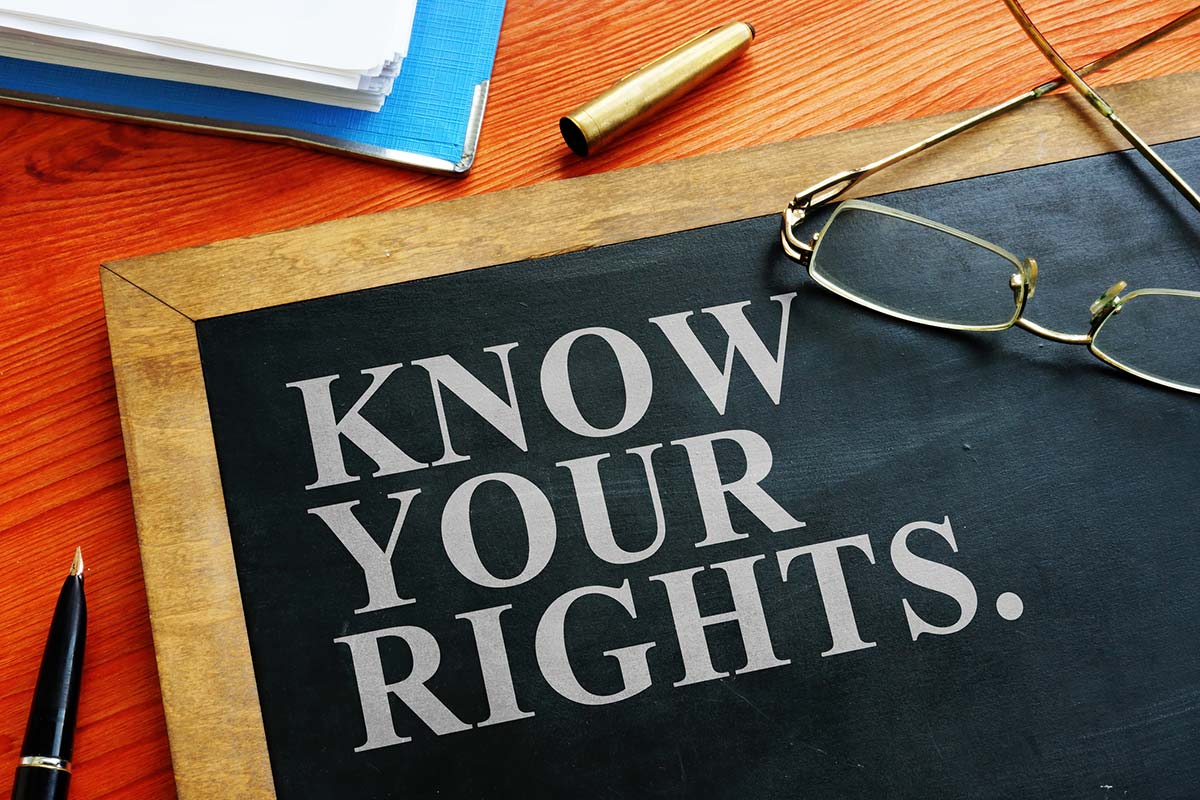Memphis EEOC Attorneys
What the EEOC can do for you really is on two levels, here’s what our Memphis EEOC attorneys have to say. The first level is what I’ll call the administrative paperwork level. Before you can file a federal lawsuit against an employer who’s covered by the Civil Rights Act of 1964, you have to file an EEOC complaint, and I really encourage people that if you feel like you’re being harassed or discriminated against, or retaliated against because you’ve complained about harassment or discrimination at your place of business, and you don’t feel like it’s getting any better, sooner rather than later file a claim with the EEOC, and for this reason. Your statute of limitations is constantly running on those claims, and the only way to satisfy it is to file with the EEOC. That satisfies your filing requirement, and you can then move on to other steps after that. That’s the first thing, is by filing with the EEOC, you satisfy a major requirement under the statute.
The second thing the EEOC can do is, they have a private mediation process where the parties to the dispute will sit down free of charge with an EEOC mediator, and frequently, the EEOC mediation core has great success in resolving those claims. I’ve had clients that have gone through that process on their own and gotten acceptable results. As an attorney, I’ve represented people, and lawyers in our office frequently represent people in mediations conducted by the EEOC, and they can be very, very productive.
Mediation is a process by which a neutral third party can help parties to a dispute resolve the dispute. That mediator isn’t going to decide who’s right, who’s wrong, how much, how little you get paid, but they’re going to help both sides come to some sort of agreement. Every case is different, but it’s a process that’s worth going through. The whole thing is confidential. Nothing you say in that process can be used against you later. The mediators are in a separate office from the investigator, so it’s done completely outside the investigation process and all that’s done to foster resolution of claims. That’s a service the EEOC can provide.
The next is, they will, if they can investigate your claim. The EEOC, over time, develops criteria for claims that they are interested in pursuing. They have claims that they’re interested in investigating, and then they have claims that they’re interested in taking themselves as the lawyers, essentially, and prosecuting the case for you. I’ll tell you, I’ve done employment law for almost 30 years, and I can count on one hand the number of cases I’ve been involved in where the EEOC has actually taken the case and prosecuted it for the plaintiff. The reason for that is, as I said before, they have very limited resources. They can’t take every case that comes in. There are plenty of employment lawyers, frankly, like me, who are willing to take these cases, so they don’t have to take them, so they’re very, very selective in the kinds of cases that they take. Just because they don’t take your case doesn’t mean you don’t have a good case. You can have a great case. If it doesn’t satisfy their criteria, then they may not be interested in it.
For example, during the Obama years, the EEOC was very interested in Equal Pay Act cases and national origin discrimination cases. Frequently, those were the kinds of cases that got more investigation work and the EEOC picked up. That doesn’t mean that someone who went in with, say, a race discrimination or retaliation case didn’t have a good case. It just may mean that the criteria for going on to the next level was different for that case. Frequently, the EEOC will investigate. They may send an investigator out to the company and interview witnesses. They certainly are going to interview the complainant. They’re going to ask the respondent, responding party, the company, to draft a written response to the charges, and that then creates a record that can be used in the case down the road.
It’ll be very helpful for the EEOC to investigate a case, and certainly can be very helpful if the EEOC decides to pick up your case and run with it, because then you may or may not have to hire a lawyer, or at least if you do hire a lawyer, that lawyer may not have to do as much work because the full weight of the federal government is behind the case. I say frequently these days I think most of the cases that the agency takes are class actions and situations where there are a large number of potential claimants where they can make a, get the bigger bang for their buck, so to speak, where they can have a bigger impact on a particular kind of discrimination or harassment. Contact our Memphis EEOC attorneys for more information.
*This is a transcript of the Facebook Live video from 5-18-18 Click here to watch the video.


